The ASEAN Coast Guard Forum (ACF) provides an opportunity for countries in the region to engage in transparent and open exchanges and enhance mutual understanding in response to common maritime security challenges.
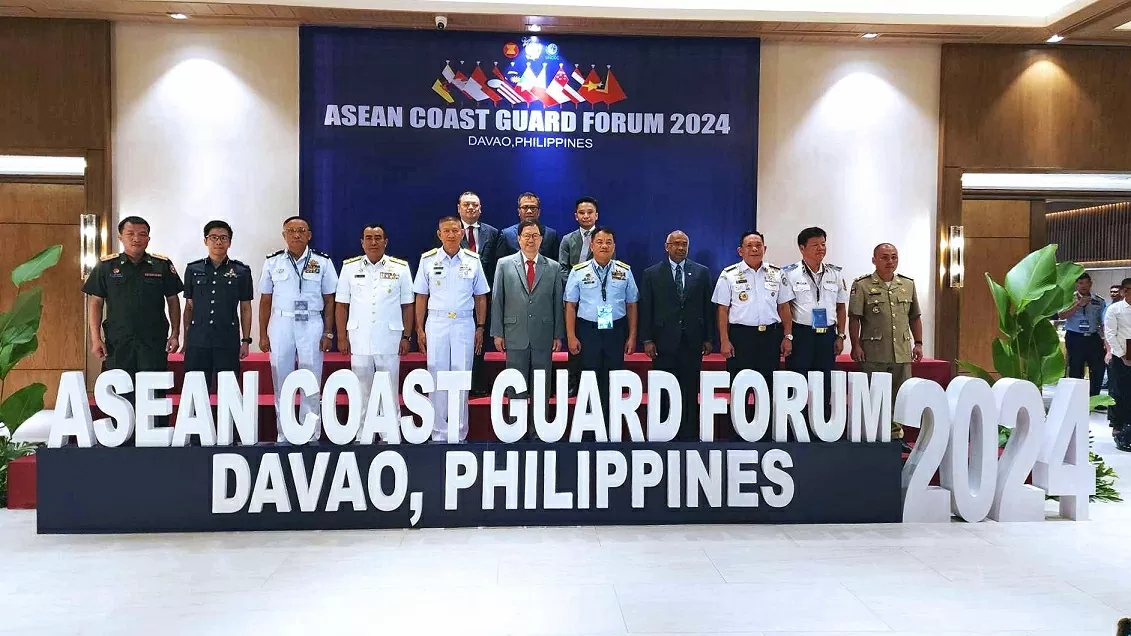 |
| The 3rd ASEAN Coast Guard Forum in Davao, Philippines, June 2024. (Source: PNA) |
Terrorism, human trafficking, drug trafficking, environmental crimes, and increasingly sophisticated cyber security risks all have an impact on maritime security. Coupled with ongoing geopolitical tensions in the South China Sea, the increasingly complex maritime crime situation requires closer and more effective coordination among maritime police agencies in the Southeast Asian region.
Currently, the coast guard agencies in Southeast Asian countries have different organizational structures, under different ministries such as interior, defense or transportation. Their roles also vary depending on the country's mandate, from search and rescue to maritime law enforcement such as the Malaysian Maritime Enforcement Agency (MMEA), Vietnam Coast Guard, Philippine Coast Guard... This difference determines the maritime security priorities of each agency, while some countries focus on suppressing maritime crimes at sea, others prioritize protecting sovereignty and sovereign rights at sea.
Effective dialogue mechanism
The ACF was established with the objective of “creating a unique dialogue mechanism to promote ASEAN centrality in regional maritime security” as member states seek to enhance cooperation and communication to combat maritime threats such as illegal, unregulated, and unreported (IUU) fishing, human and drug trafficking, as well as coordinate patrols in the South China Sea and better understand common maritime security concerns. The forum also serves as a platform to address existing differences and enhance regional cooperation to address common maritime interests, while providing an opportunity for external partners who support ASEAN’s regional maritime security efforts and wish to participate in the ACF.
The first ACF was held in Bali, Indonesia in November 2022 with the participation of 8 member states. In May 2023, the Philippine Coast Guard, the United Nations Office on Drugs and Crime (UNODC) and the Global Maritime Crime Programme (GMCP) co-organized the ACF Technical Experts Group Meeting, where the concept paper and terms of reference were finalized.
The second forum, to be held in Indonesia in 2023, will include discussions on the role of regional coast guards in emergency situations and the implementation of cooperation agreements between countries.
The third forum was held in the Philippines in June 2024 to discuss the draft Terms of Reference for Working Groups on Capacity Building, Information Sharing and Operational Cooperation, and the draft Protocol on Maritime Exchange for Coast Guard and Maritime Law Enforcement Agencies (SEA-PEACE).
Overall, these three forums have been successful in initiating dialogue on a common and structured approach and capacity building in humanitarian, security, and law enforcement for coast guards across the ASEAN region. However, the time has come for the ACF to evolve into a more formal and institutionalized body under the auspices of ASEAN. In fact, a number of ASEAN member states have called for this, as evidenced by the two drafts being prepared on formalizing the ACF at the most recent forum.
Empowering ACF to play a stronger role
Formalizing the ACF requires several actions.
First , it is important to facilitate regular meetings and periodic joint exercises involving coast guards and maritime law enforcement agencies from all ASEAN member states.
Previous forums have not had the full participation of all ASEAN members, as some members were absent to deal with more pressing domestic issues at the time, such as national election preparations and disaster management. This has the potential to undermine the effectiveness and inclusiveness of ACF initiatives.
Active participation by all members of the region will help build mutual trust, promote interoperability and ensure that all perspectives and capabilities are considered.
Second, relevant guidelines and documents need to be finalized and adopted to ensure the effective operation of the ACF. For example, a concept document on the ACF needs to be developed to clearly define its mission, importance, scope and forms of operation.
In addition, the terms of reference should be issued to clarify the responsibilities of the members, the decision-making process and the work plan of the ACF. These documents should also specify the modalities of participation to guide the maritime activities of the coast guards of ASEAN countries. The AFC could refer to the effective cooperation model of the European Coast Guard Function Forum (ECGFF).
Third, ACF cooperation mechanisms should ensure transparency, openness and enhance mutual understanding of common maritime security challenges. Regular information sharing will allow members to exchange maritime surveillance data and intelligence on common threats.
Currently, ASEAN navies facilitate information exchange through the ASEAN Information Sharing Portal, and the ACF could develop a similar dedicated platform for coast guard agencies. However, challenges such as differing national policies, data sensitivity, and regional linguistic diversity can hinder effective information sharing.
Fourth , capacity building exercises should also be a focus of cooperation in the ACF, where maritime law enforcement agencies can jointly conduct joint exercises, law enforcement exercises, specialized training, and knowledge exchange programs. Training programs could include areas such as search and rescue operations, cybersecurity, safety protocols, navigation techniques, and equipment training, among others.
In turn, this could foster a shared understanding of maritime security challenges and promote inter-agency cooperation. In August 2024, the Philippines and Vietnam held their first joint coast guard exercise. This model could be scaled up to include more coast guard agencies in the region through the ACF.
Of course, implementing these recommendations will not be easy as coast guards in the Southeast Asian region continue to face resource, personnel and financial constraints. However, formalizing the ACF is essential to effectively combat maritime crimes such as illicit trafficking and IUU fishing, which require cooperation among countries in law enforcement. This initiative will empower the ACF to play a stronger role in promoting ASEAN’s commitment to a comprehensive and integrated maritime security strategy.
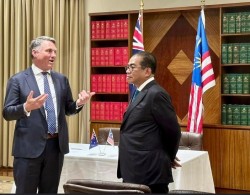 | Malaysia-Australia support ASEAN centrality, call for restraint in East Sea On December 10, in Melbourne, Malaysian Defense Minister Datuk Seri Mohamed Khaled Nordin and Australian Deputy Prime Minister and Defense Minister Richard ... |
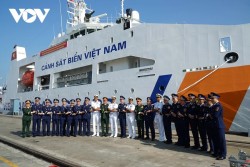 | Vietnam and Indian Coast Guards conduct search and rescue and incident response drills The Vietnam Coast Guard and the Indian Coast Guard held a search and rescue drill and ... |
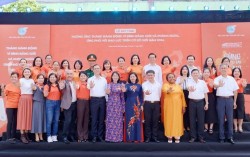 | Advancing the Women, Peace and Security Agenda: The Role of the Vietnam Women's Union The Women, Peace and Security Agenda was founded in Security Council Resolution 1325 ... |
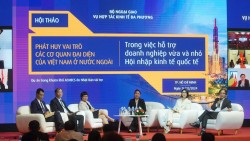 | Strengthening the role of representative agencies in supporting small and medium enterprises in international integration On the afternoon of December 26, the Workshop with the theme 'Strengthening the role of Vietnamese representative agencies abroad in supporting ... |
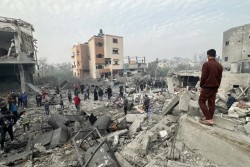 | Gaza conflict: Parties formally sign ceasefire and hostage release agreement, Trump's role revealed On January 17, the Islamic movement Hamas, the United States and Qatar officially signed an agreement to release hostages and a ceasefire in the Strip... |
Source: https://baoquocte.vn/thuc-day-chien-luoc-an-ninh-hang-hai-toan-dien-va-tich-hop-thong-qua-dien-dan-canh-sat-bien-asean-303103.html


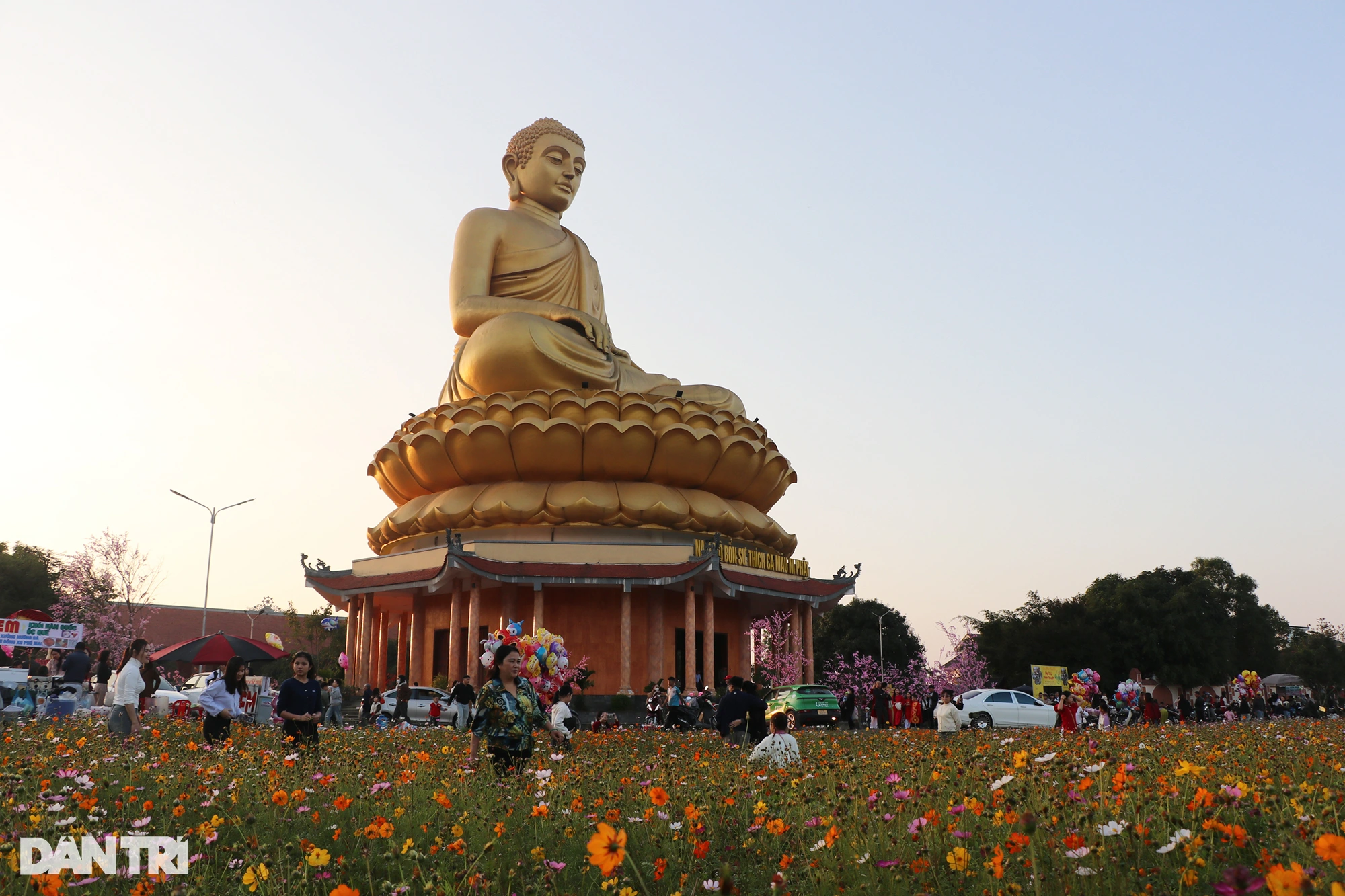
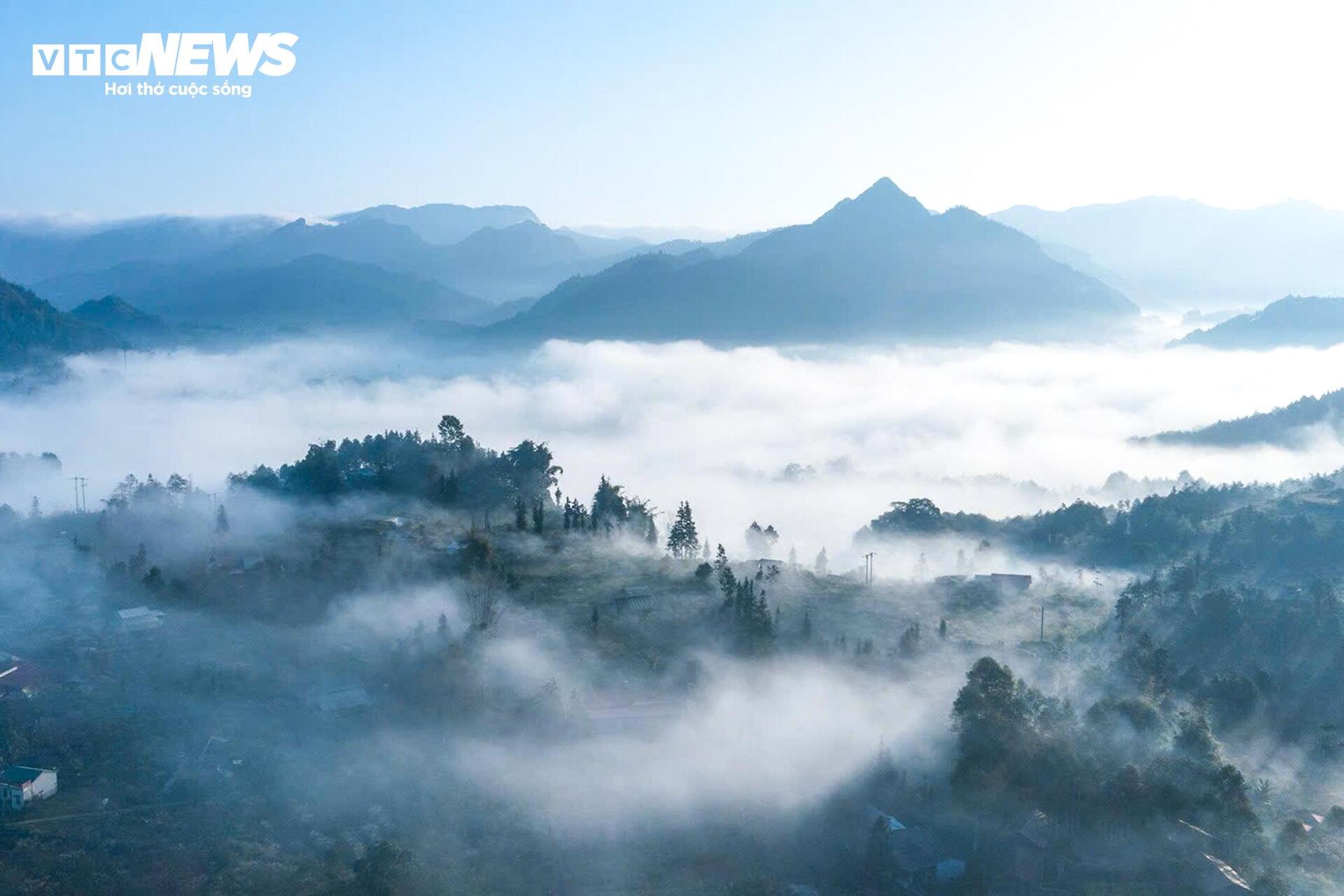
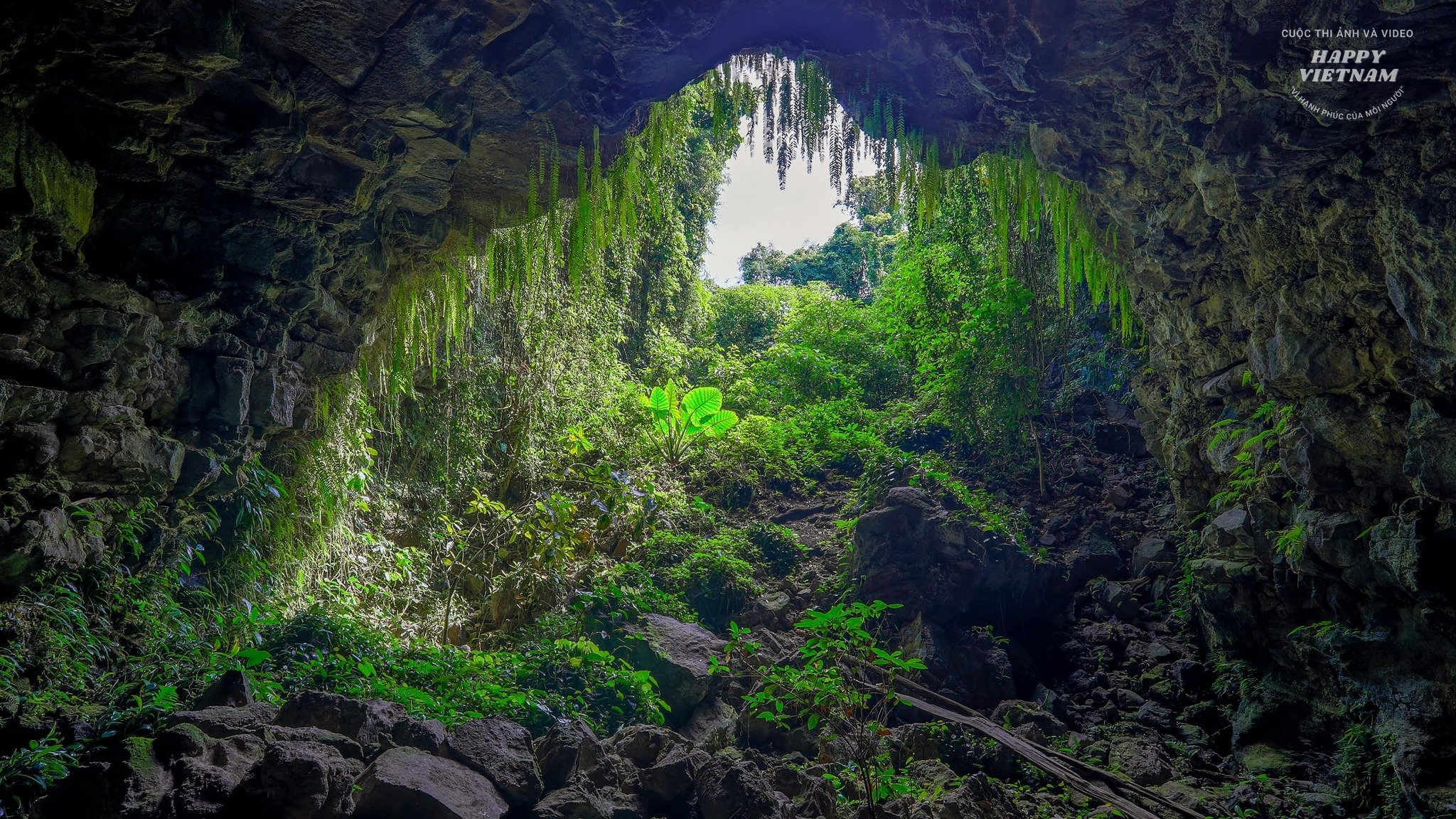


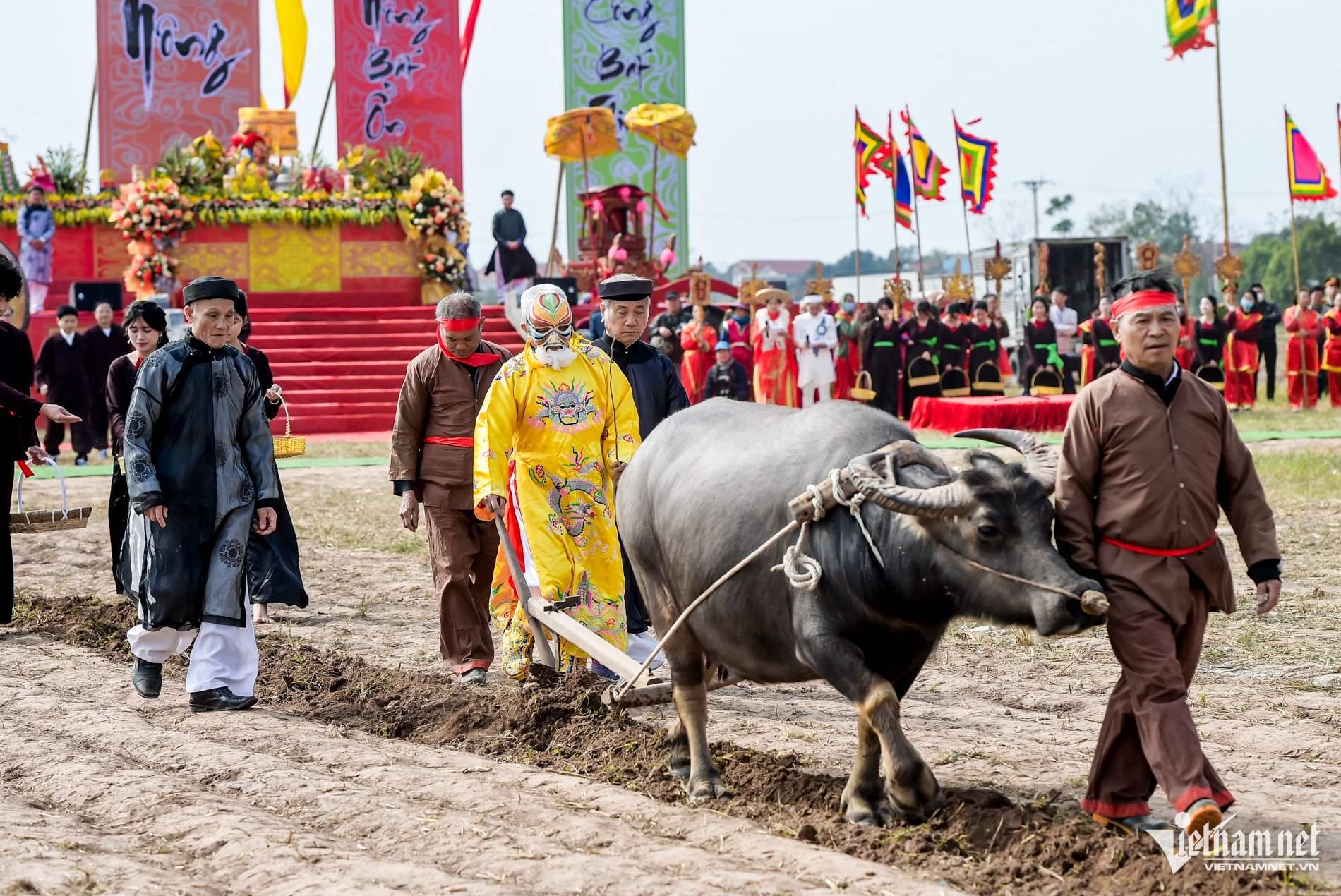












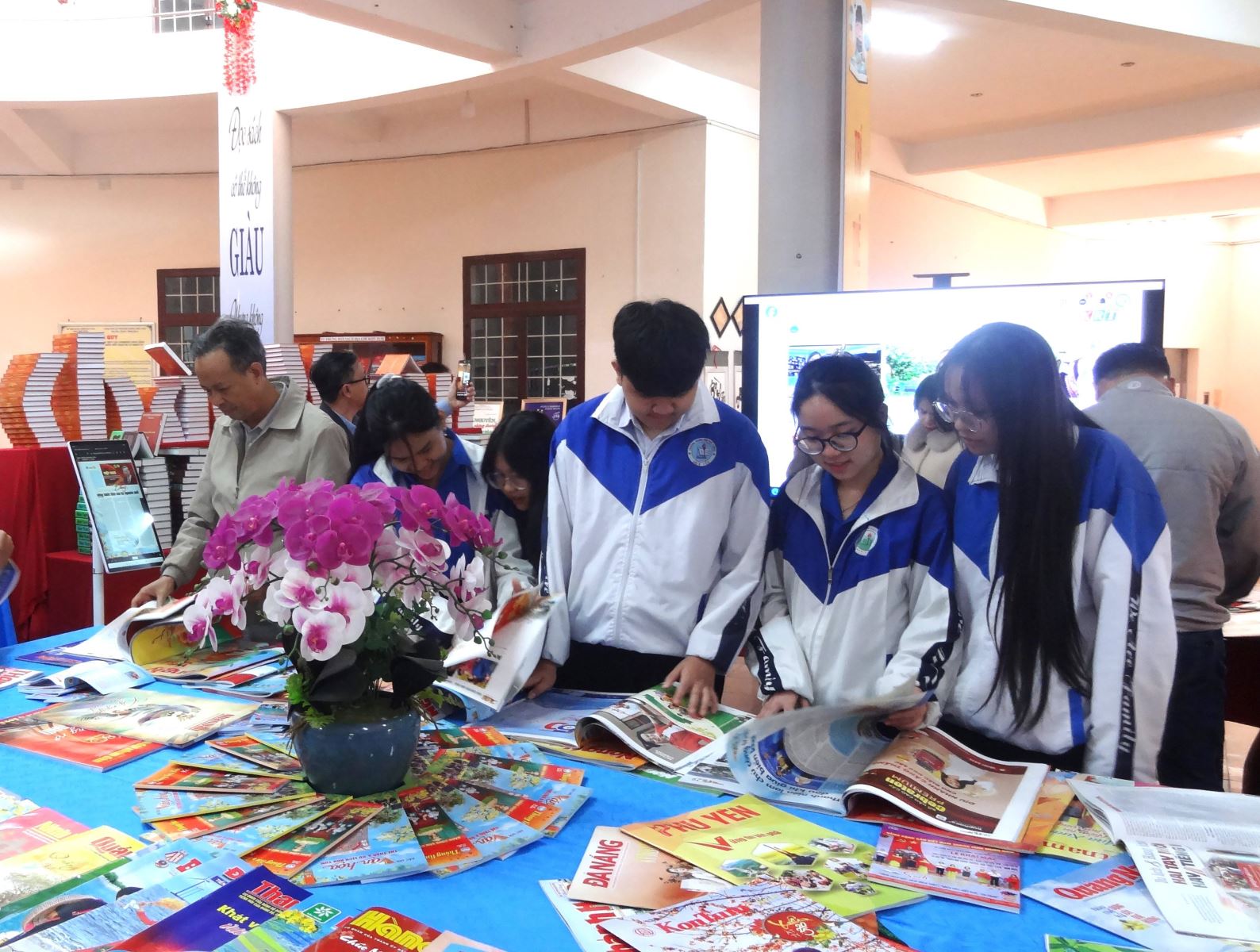

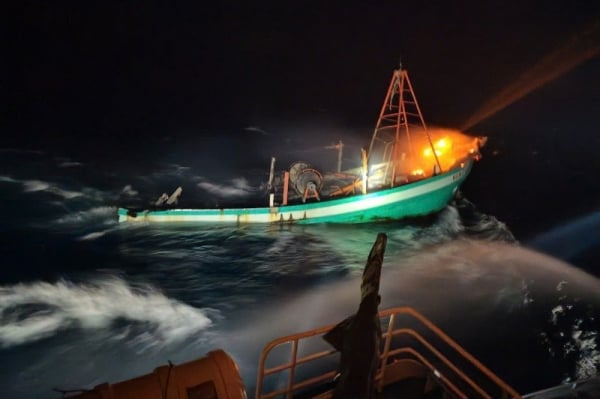

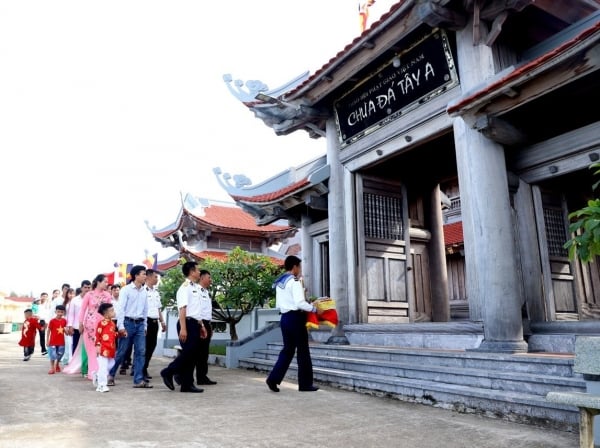
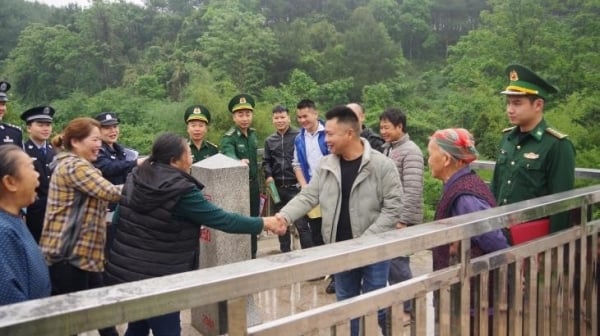
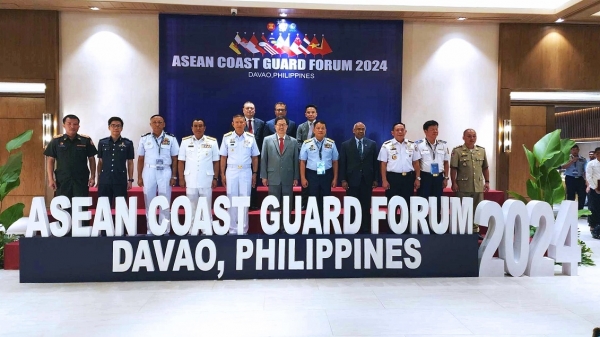
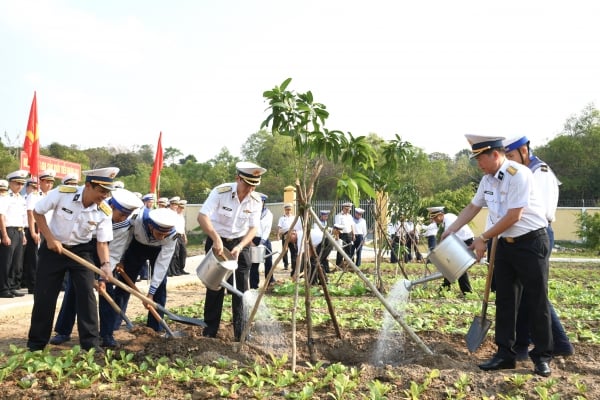
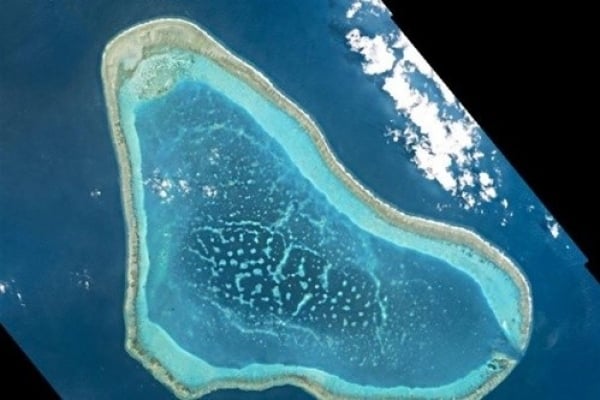
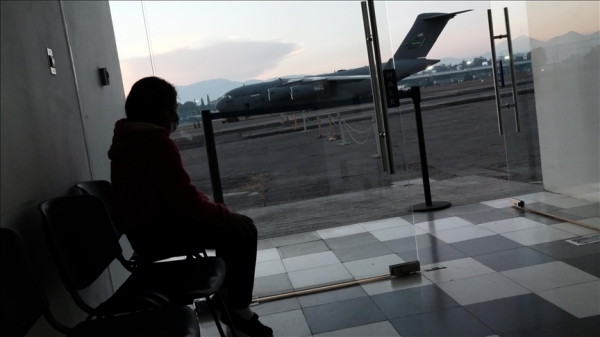
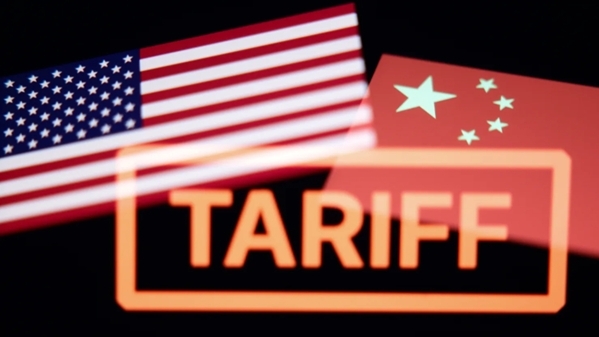
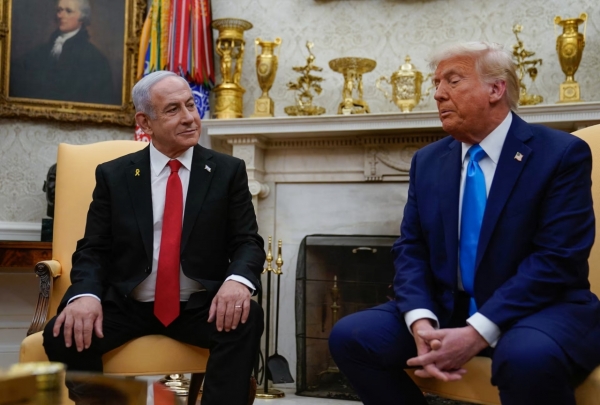
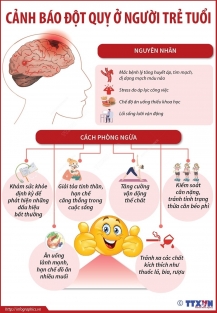
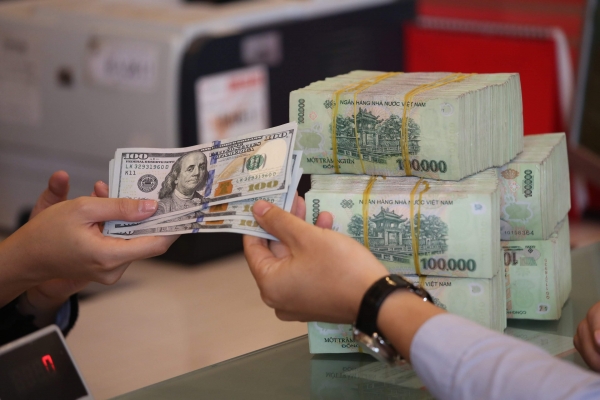




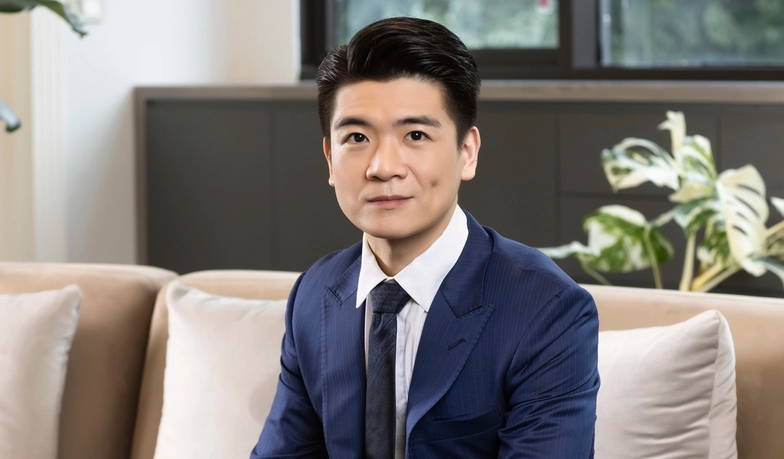

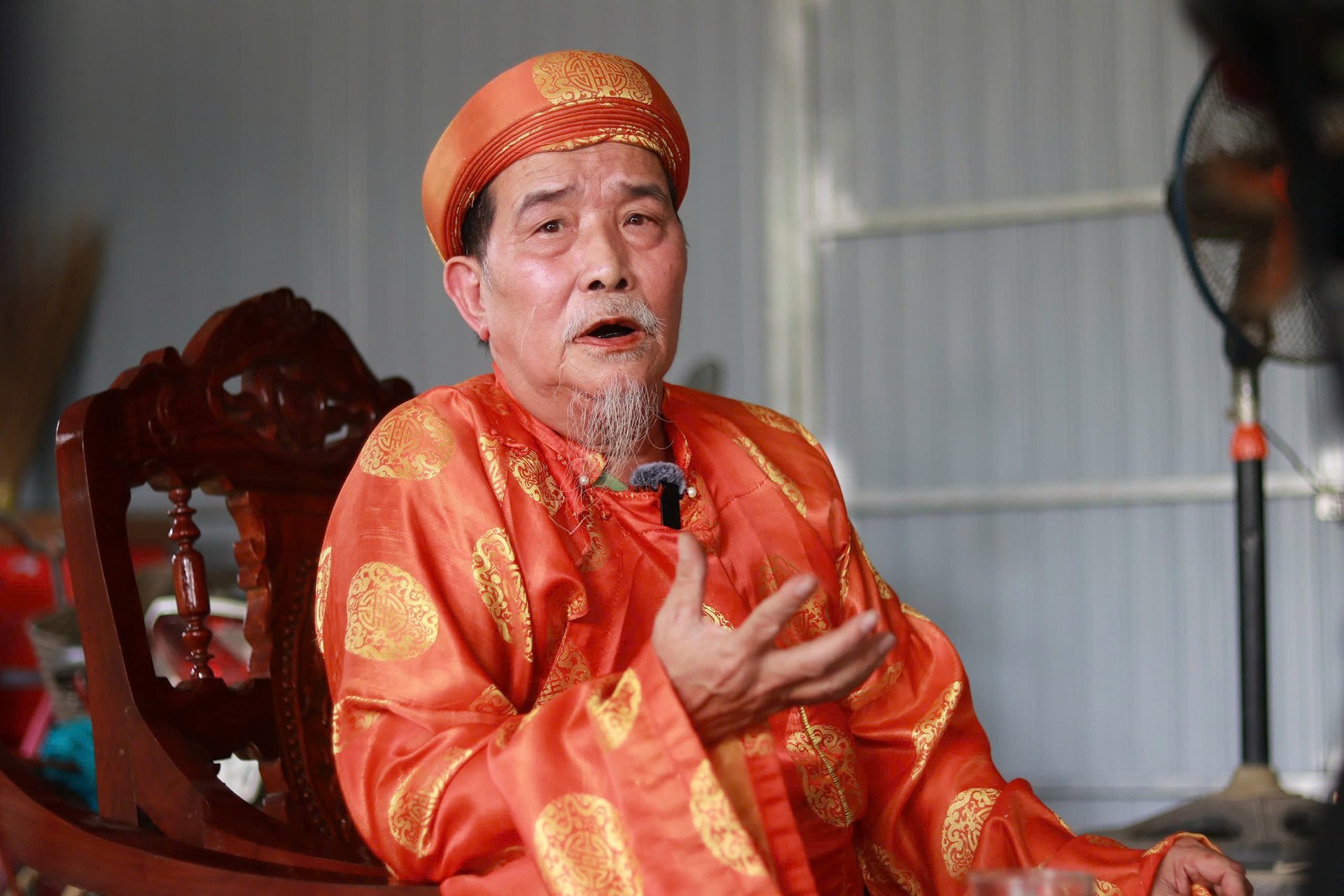

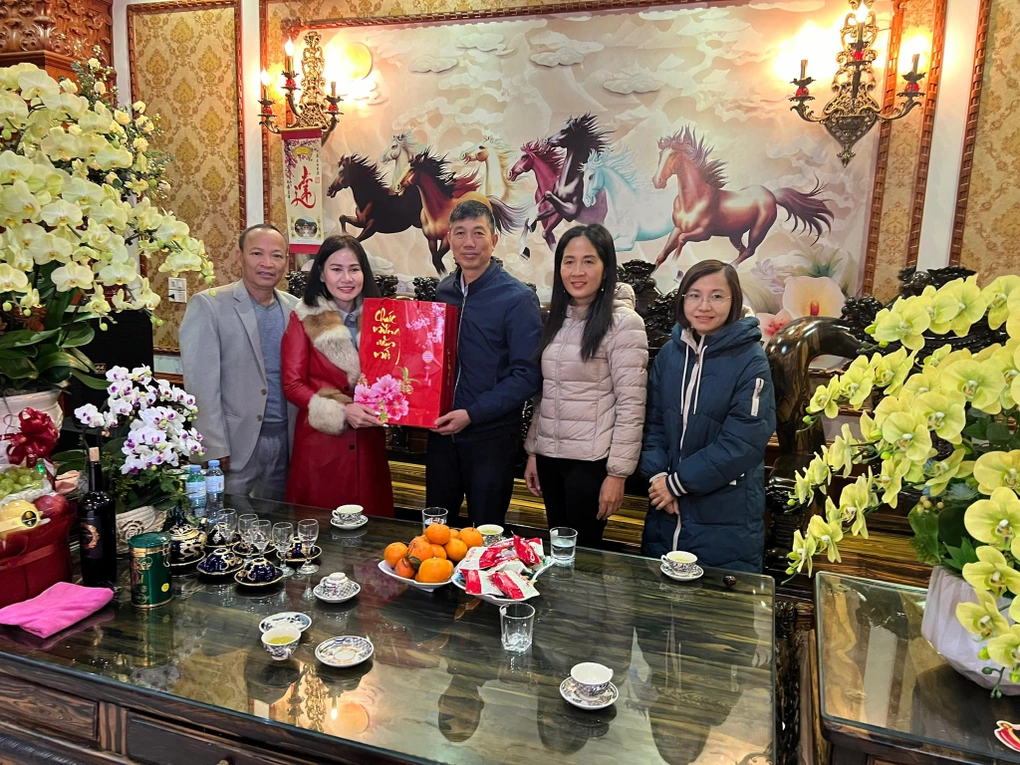

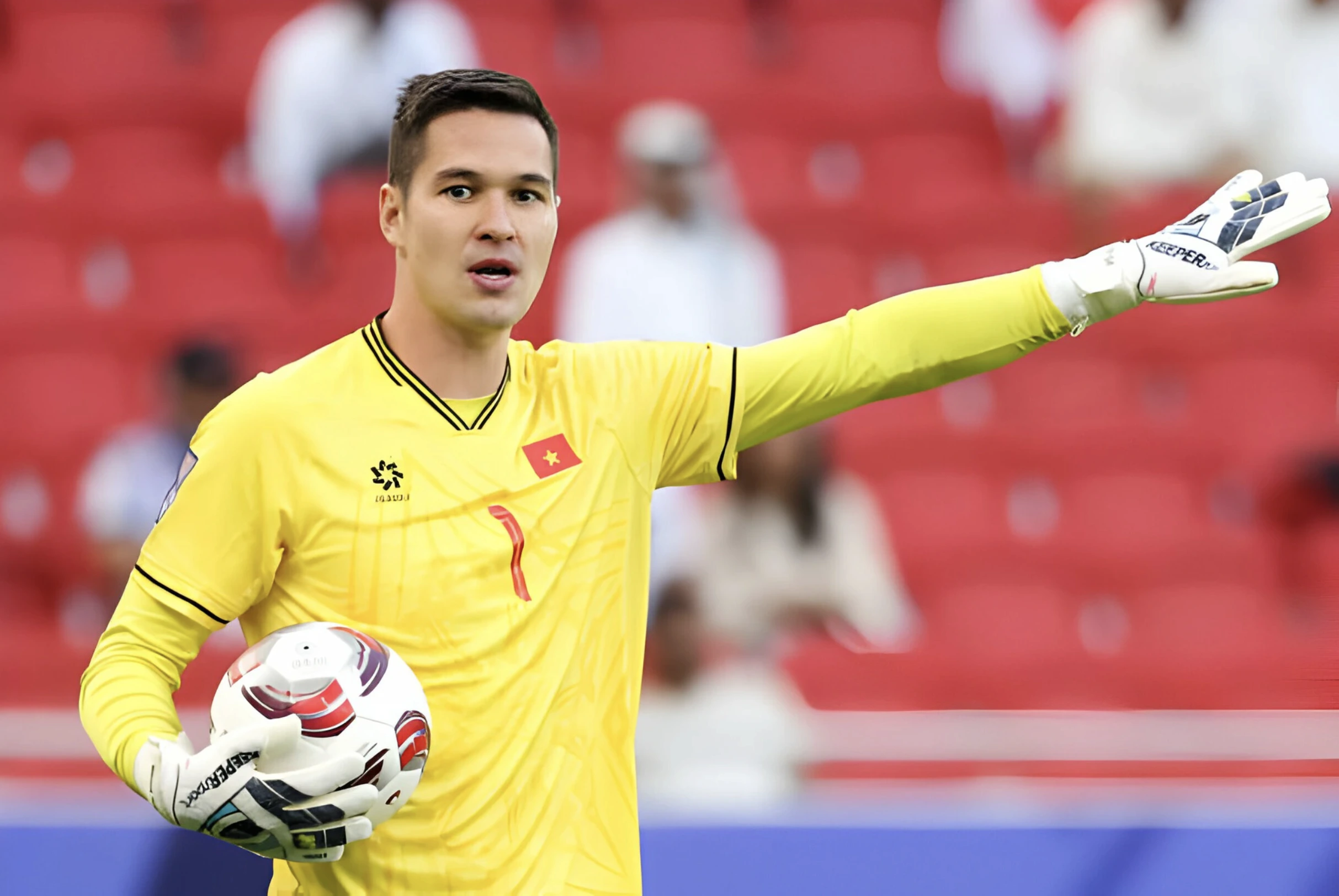

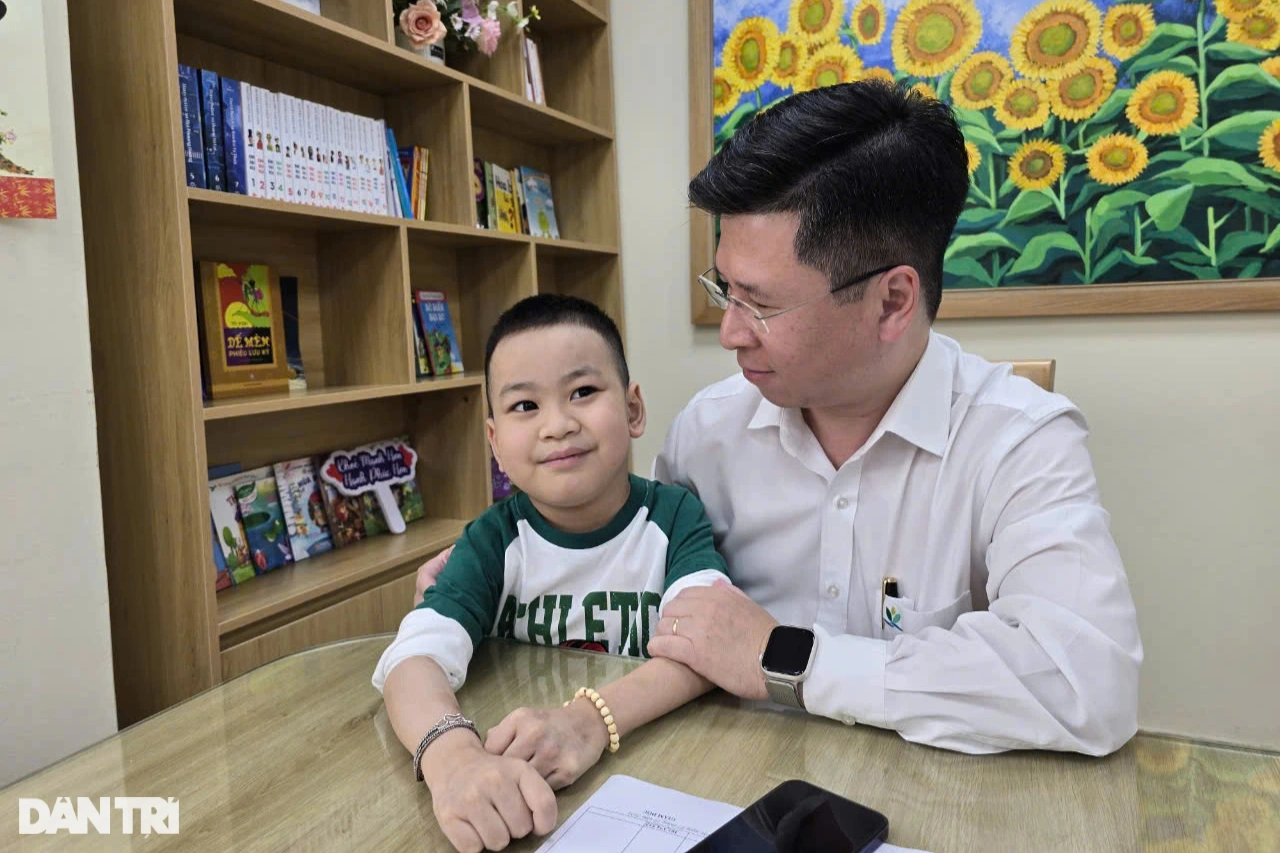




Comment (0)